A Look back to a time before the Internet. My nostalgic journey.
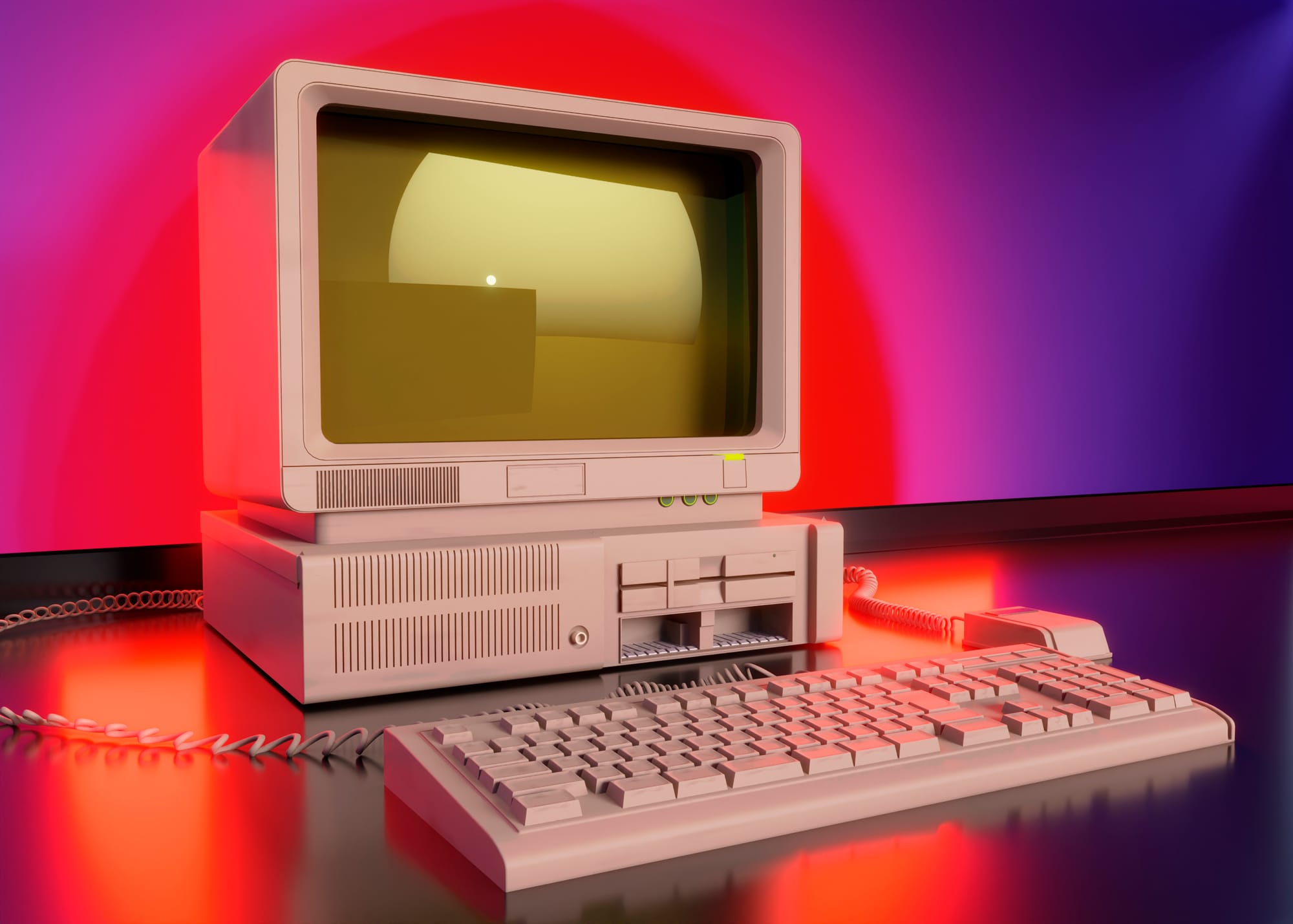
The 80's, what a wonderful time to be alive! Not just because personal computers as we know it were just coming into existence, but just in general! Times were good! Us kids played outside from dawn to dusk, there was so much less distractions, life was simpler. It was a very nostalgic time for me and many of my friends.
I was going down the rabbit hole of reading articles and watching YouTube videos the other night, looking at all the old hardware I used to have, the BBS systems and dial-up modems of the day. Then I thought to myself, I think this would be a fun article for me to write about. For the people who lived and experienced it, and for those who didn't, but could learn and experience a small taste of what all of us computer hobbyists aka "Computer Nerds" did in thos days. During a time of trailblazing , new and exciting things with technology that literally never existed before.
Now I will be covering a lot of things that come into my mind, and somethings I discuss were and would be considered Taboo, but I wanted to bring up these things to draw some comparisons between the way things were and where we are now. I am referring to BBS systems (Bulletin Board Systems), and the darker more exclusive and facsinating underground Scene filled with the first Hackers, Cracking, Warez, Phone Phreaking and other reverse engineering knowledge.
Disclaimer: Since this was so many years ago, and since I believe it pertains to Cybersecurtity now, in terms of the way things were, to the way they are now, I thought it might be a good learning experience and draw comparisons to today. In no way am I condoning or celebrating the actions of these groups, but more or less bringing it up for a history lesson. We will get to those things later.
The Early Years
As a young child, I was introduced to computers before even Apple IIe computers were starting to show up in classrooms at school in the mid 80's. My father worked for NCR which later got acquired from AT&T later on in the 90's. When I was 6-7 years old, I remember him bringing me into the corporate office to visit his coworkers. When I was there, I remember walking by rooms filled with large machines, with tape reels and punch cards. At the time the size of the gear filling the room, the lights and hum facinated me.
There was a suitcase sized computer, that Compaq made with a 4" green screen and a foldout keyboard he brought home. It was so big, yet so basic, and that is what I started playing with, BASIC command language. A little later on, for a while I tried to code my own adventure games with a friend, similar to Zork style text only adventure games, and had fun doing it.
Around this time, a few friends were lucky enough to acquire an Commodore 64, Apple IIe, and I knew it was time for us to get our own. I got a C64 and started to play with it, and while never owning an Apple IIe like my friend. I remember the old Commodore cassettes of the day, where we acquired games and programs, and to load them, you had to press play just like a regular audio cassette. Go out and play, and come back 2hrs later to see if it loaded ok. Yes, it was increadibly slow, and often times as the tapes aged, if it couldn't read one area of the tape, it would fail. Incredibly archaic, welp guess we can't play Karateka on the Commodore today, will try again tomorrow. :)
These games would often load into screens in the beginning of the boot process, where beeps and boops of basic synthesized music would play, with logos of a few names I keep seeing over and over. The Names of Razor 1911, Fairlight etc. This will come up later. :)
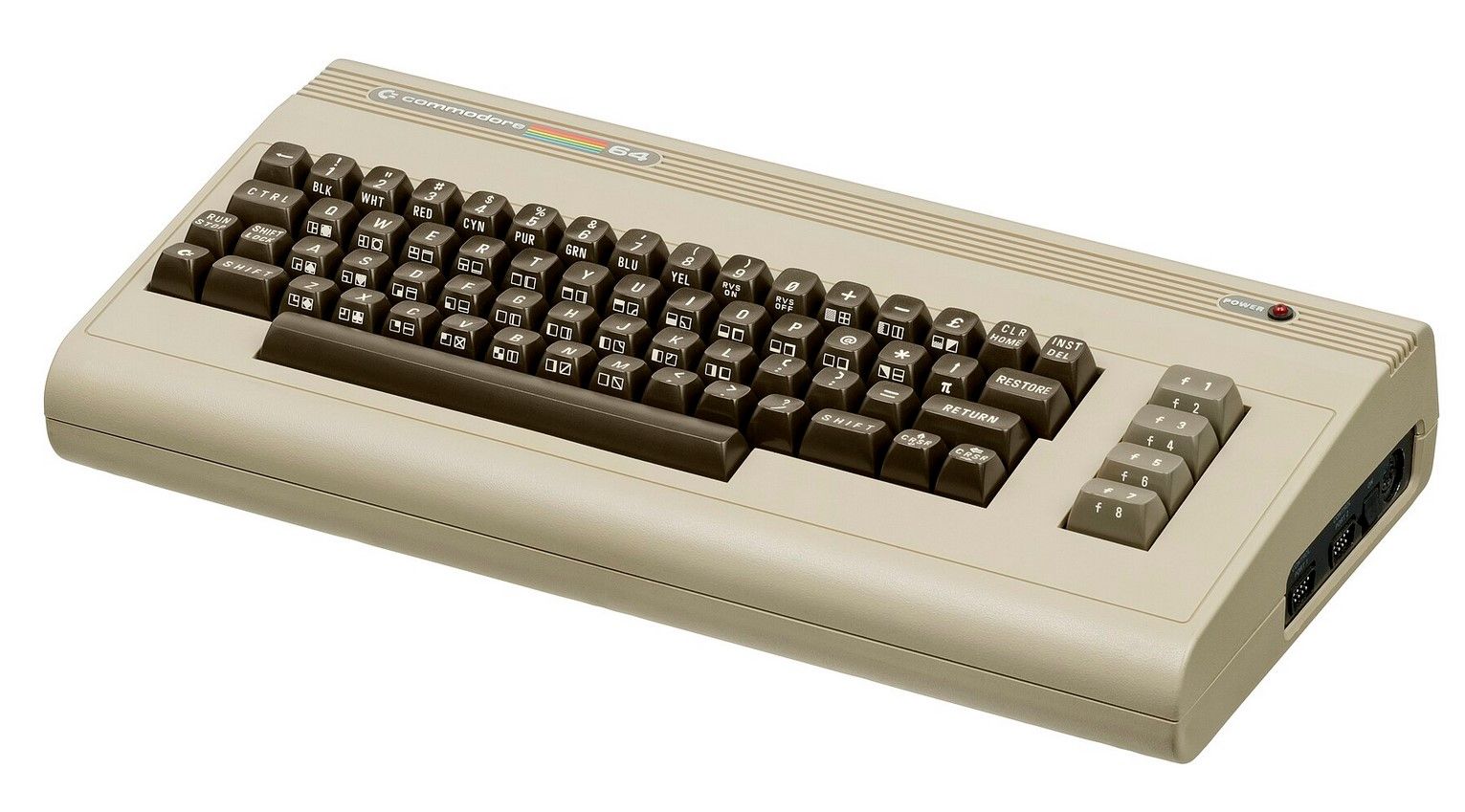
After using the Compaq, the C64 and Apple IIe, the next technology breakthrough came out. It was two personal computers that came with similar specs, and ran on the Motorola 68000 microprocessor. They were light years ahead of the DOS IBM PC clones of the day. It blew me away, we went from just a few colors to 256 colors, a graphical user interface, built in MIDI interface for much improved sound etc. In fact, I remember an old friend setting up a recording studio with an Atari ST using the MIDI interface. The capabilities were a huge jump from the first generation of computers.
I did get to acquire an Atari ST and a friend had the Amiga computer. I wanted both, but that was ok, many of the same software and games came out for both, and it was a good trash talking scenario to my friend. This was my first "serious" computer, these two computers fiercely competed against each other for dominance in the mid 80's, and I look back and have a special place in my heart for these two computers. The games from Ultima, Wing Commander, Kings Quest and so many more, were just a ton of fun!
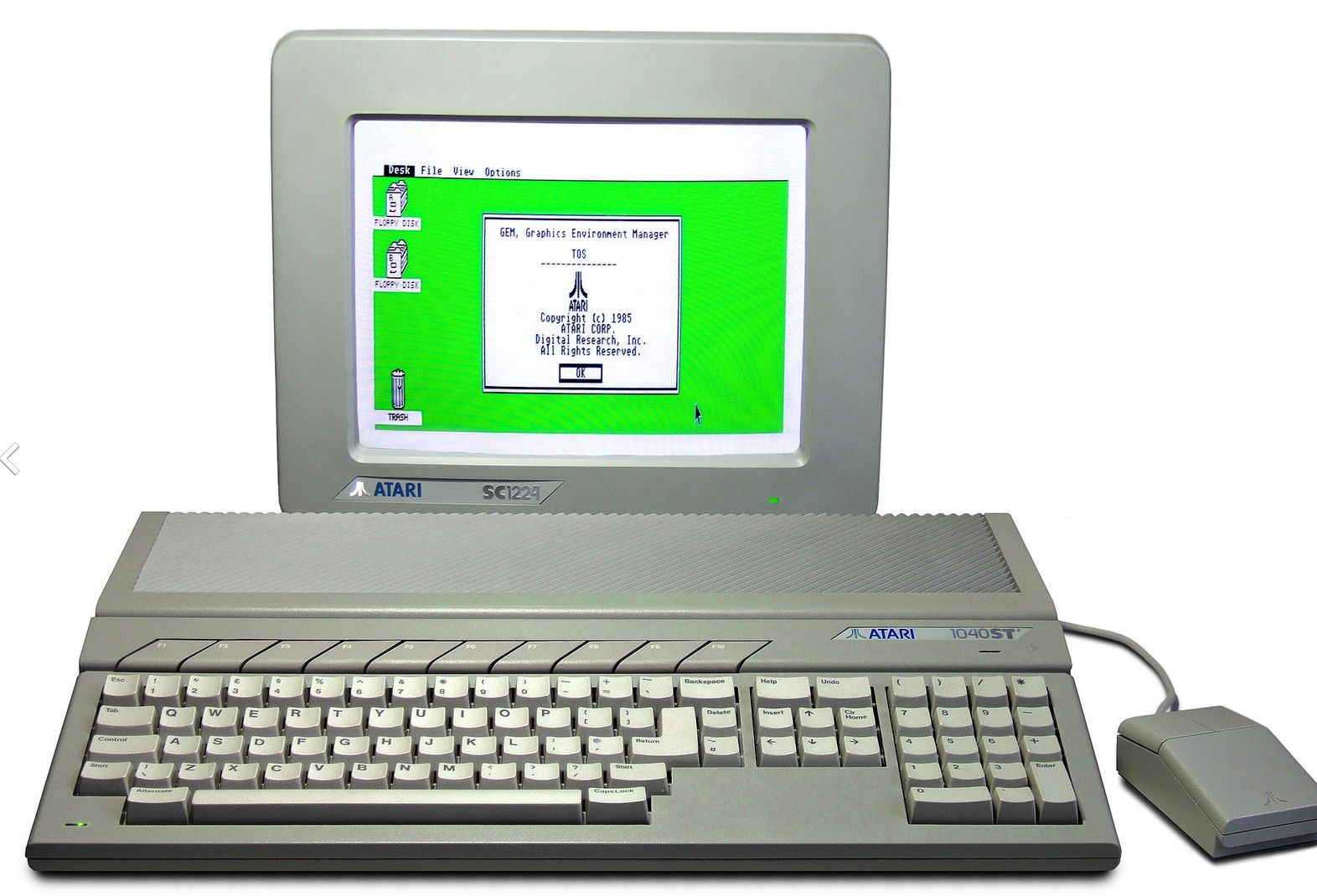
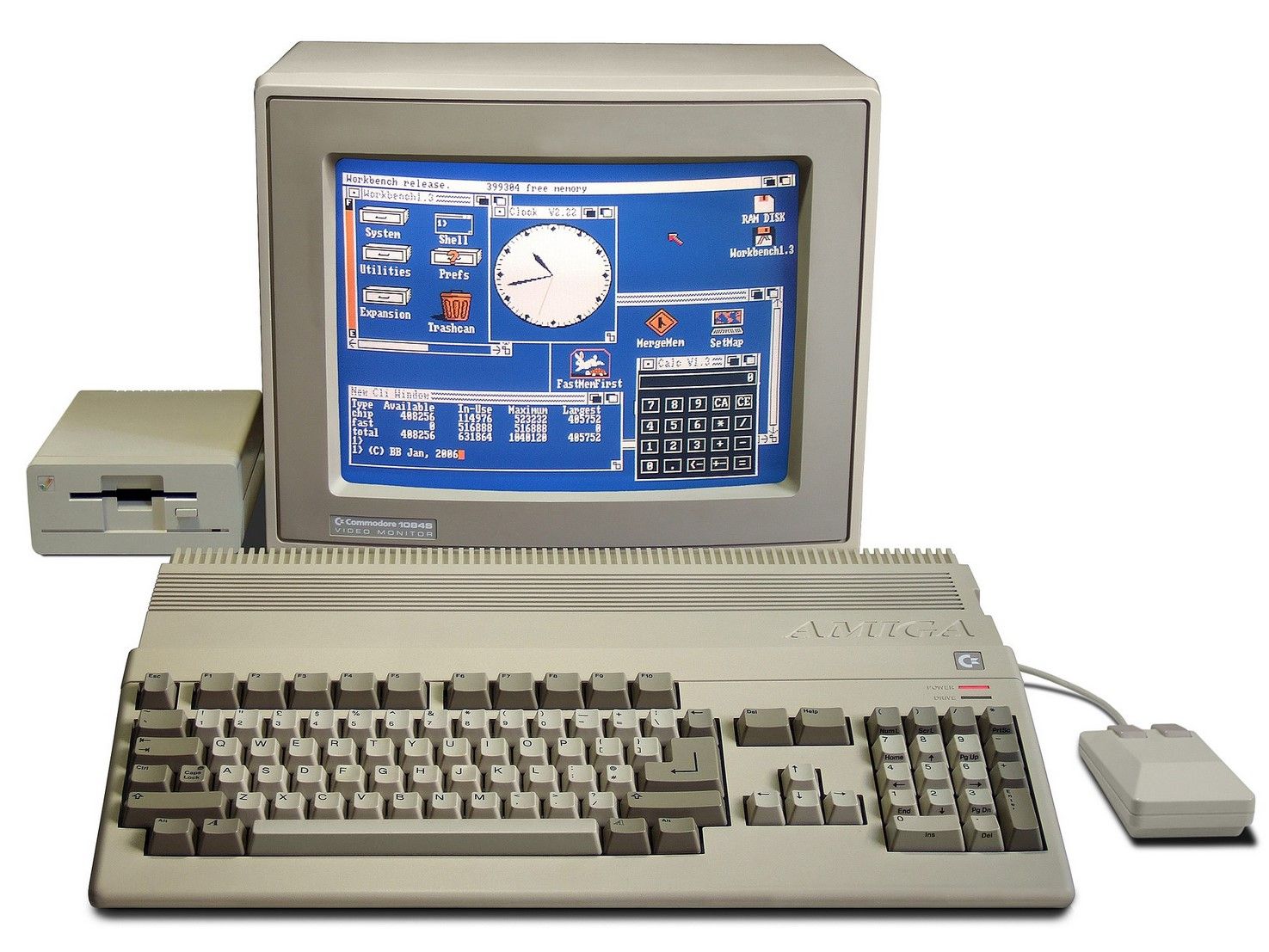
After getting the Atari ST, I would hook up a 2400 baud Hayes modem, and start dialing up and finding BBS systems. These were computers that ran Bulletin Board software, with dedicated phone lines that would listen for connections. Think of a forum style format, where users could join chats, forum channels and have access to download and upload software and files.
This aspect of computers greatly fascinated me, and soon I was learning and calling many BBS's far and wide. Many were local, some were long distance. Over time the more you get into it, you found more and more boards, some catering to different things. It was an exciting time, I met all sorts of people, made some friendships, and even went to meetups with these people.
As I started to meet people, and discuss what they were learning and doing. I was introduced to a darker underground, where some of these "public BBS" members, had alter ego's. Memberships to well hidden and secretive BBS systems. Being the curious kid I was, I started to find and call some BBS's that had new and fascinating things. Some things listed on there was phone phreaking, blue boxing, Warez, Hacking, 2600 magazine, howto articles. It was like this forbidden fruit, knowledge is power, and the draw was too enticing. Come to find out, everyone seemed to be doing this using their alter-ego usernames and persona's. I won't get too much into everything that went on, but more a top level overview. Years later I would come to find out, many people high up local and far, were computer experts that later went on to start and run their own ISP's, IT Businesses and other such business's.
If you ever accessed any of these early BBS boards, these logo's and many other fascinating ANSI art collections were on full display.
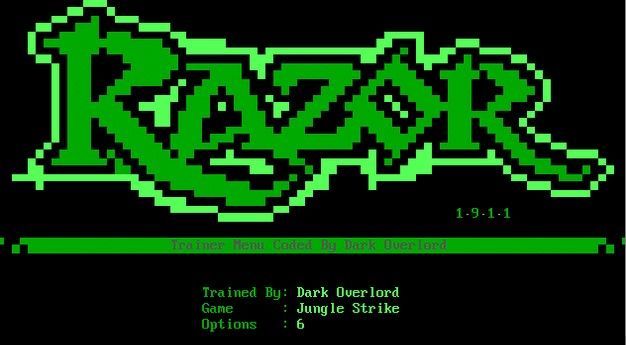
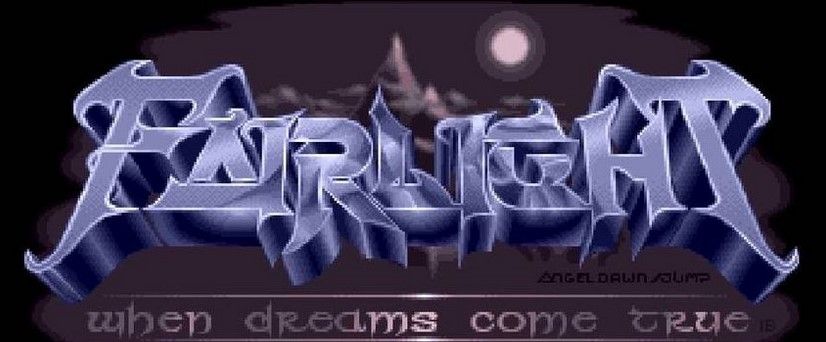
These groups were founded in 86 and 87, and their logo's were seen on affiliate BBS's, there were many groups that came and went over the years. These two were the earliest and had the longest run. A lot of these groups hailed from Europe at the time, specifically Norway and Sweden, then spread to UK and US. They started coding "demos" graphics with cool music as a test of their skills, then moved into the Warez, specialized in cracking programs and games. They did this using a technique where they would use a Hex editor and assembly language and dump memory to analyze and patch code to jump around the copy protection routines of the software. For an interesting interview with one pioneer of the Fairlight group, watch the YouTube video below.
These groups would compete with each other, as to who could release the games the quickest, and could crack them. I bring this up, as their mentality back then was a lot "purer" than the pirates and Cybercriminals of the day. Meaning, they never sold the software for monetary purposes. They only did it for the testing of their own skills, and against others. The fun and enticement was the challenge, not the money, or anything else. Many hackers of the day were the same, the challenge of breaking in was what it was about, not to ever cause massive destruction or extort money etc.
I bring this up as it is a stark comparison to today's Cyber Criminals. Which is ALL about the money, they don't care who they hurt, what they damage. Its a business and a sleezey one at that. Again, I am not trying to glorify the earlier years, but to try and paint a picture how the morals and ethics of these folks changed over the years to where we are today.
What was fascinating about these groups was the structure and the strict operating logistics. Remember, all this stuff was transferred over dial up modems at slow speeds, all to Topsites, then couriers would transfer to to lower end member boards and on it goes. There is an entire fascinating history, but enough of the shady talk. :)
These groups took a big hit when Operation Bucaneer in 2001 aimed to dismantle these groups. Run by the FBI and international law enforcement organizations, a number of simultaneous raids occurred all over the world. The groups quickly recovered, but eventually started dying out for a few reasons. The kids and young adults involved, grew up and matured and got out to find jobs in legitimate technology companies, or formed their own.
Second, a new copy protection technology called Denuvo came on the scene in 2014 which really made it difficult to crack these games and software. Only a handful of people on earth had the skills to do it, and many of the groups disbanded and bowed out. From my research, there only remains one person I believe still semi-active that can do it, and her name is "EMPRESS". Look it up for more information.
Finally, platforms like Steam and Xbox made it easier, more affordable, and ultimately there just wasn't the environment conducive to it any longer.
Buying Software the old way
Back in the 80's, buying software was done 1 of 2 ways. Either stores in the mall, like Software ETC or calling a mail order company. In the old days, software seemed to be tested more and released when it was ready, and shipped on 3.5" floppies. Some games would have 10 even 20 or more disks, some of the later Sierra Online games come to mind. It came in a box, had a manual and perhaps included merch having to do with that piece of software. You would purchase it once, and that was it. You waited till the sequel or next version of the game and repeat.
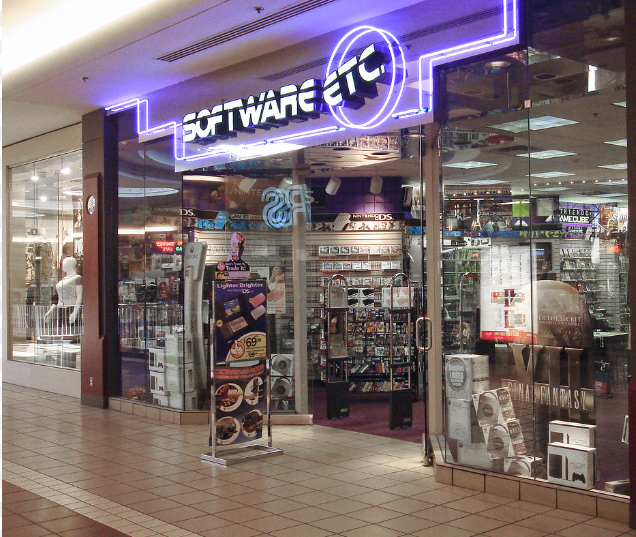
Compared to today's methods, games and software are almost always in permanent beta test, many released with bugs that are fixed with online downloadable patches. Also the paradigm shifted in many ways. Now days, a lot of software is free or heavily discounted, with the intentions or opportunity to buy expansion packs, or unlock features in the game later on for a cost. This newer method of online distribution and in game purchases, is far more lucrative for the software makers. Unfortunately games today seem much more buggier than the earlier years. Most likely due to the complexity, but also the makers know they can rush it to market and patch it later as users complained or found problems.
Being these games where your only original copy, many chose to make backup copies, as depending on the software, you were always using those disks placing wear and tear on them. Floppies were not exactly known as reliable media, and were easy to lose data over time. I Remember there was an entire industry that came up with products to allow you to copy disks, that supposedly "couldn't be copied" with normal copy methods. Xcopy, Cyclone and CopyIIPC were some such examples. It was something that was always argued for and against, as legit buyers wanted to protect their investment. While the software makers simply wanted to protect their hard work against piracy. To read a highly technical article about the Atari ST and other platform copy protection methods. Showing example cases like the infamous Dungeon Master game, see link below.
http://info-coach.fr/atari/documents/_mydoc/Atari-Copy-Protection-v12.pdf
Running my own BBS
Sometime in the late 80's, I wanted to run my own BBS and be a SYSOP. I mowed lawns as a kid, so I had enough money coming in to convince my parents to let me have my own dedicated phone line or two to connect and setup my own BBS. For the record, this was a "clean" BBS and ran on a piece of software called TAG BBS. I would spend hours configure the config files, designing ANSI art and logo's just to try it look and function the best I could, for my users to enjoy.
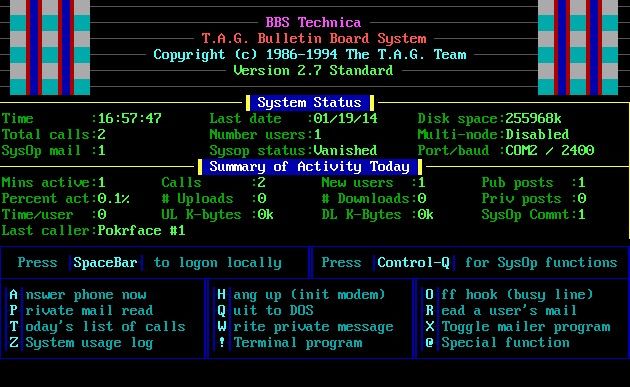
At first I ran this on a ZOOM 9600 baud modem I believe at the time, a huge upgrade from the 2400 Hayes in the prior years.
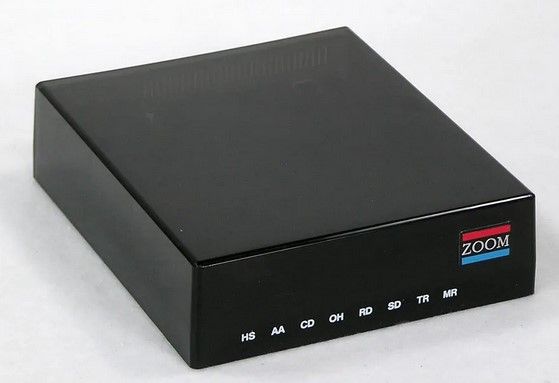
Not to far after that, the modem technology stared improving quickly, going from 9600 baud to 14.4k, then to 33.6k , 56k etc. My final upgrade at the time was to a US Robotics Courier modem, regarded at the time to be one of the best modems period, especially for running your own BBS.
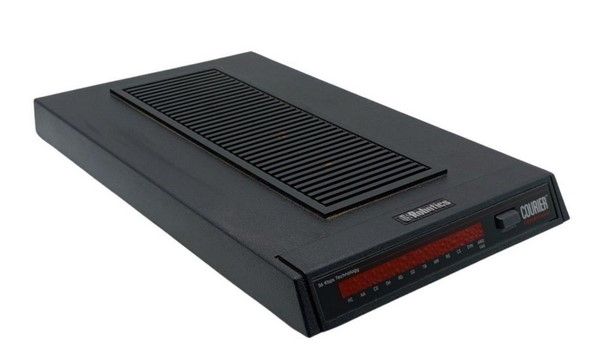
Remember, during this time, there was no commercial internet. The only way to get onto the internet was to be military or a university. In fact, earlier in some of our meetings, the clubs would meet at schools in the area to "borrow" time in the computer lab so to speak. Around this time is where Dial-up BBS's using X and Y modem technology to transfer files back and forth, was starting to use FTP sites on the the early internet. Still, personal commercial internet didn't come along till the Compuserve/AOL era which started after the BBS era.
They say 1994 was the year of the Web, but before that you started to be able to get plans for dial-up internet from the likes of Netcom, Earthlink and others. Many local small ISP's would get a T-1 connection and a bank of modems, and offer internet access for lets say 19.95 a month. It was incredibly slow, kids of today haven't a clue how good they have it these days. :) A T-1 connection back in these days, 1.5mbit of symmetrical speed cost thousands of dollars. If you were a big enough educational institution, you would have perhaps a T-3 or Sonet OCx connection. This was before broadband was a thing. Now days all these ancient copper POTS line technologies were replaced with Carrier/Metro Ethernet, Fiber to the curb etc.
LAN Parties, oh what fun
At some point during the earlier years, a fun thing we did after meeting more and more people was getting together for "LAN Parties". We had 10Mbit hubs and everyone brought their computers to the same location to hook together and play the Quake's of the day. We would sit in one room battling each other and trash talking for hours. In some cases, I remember playing for close to 24hrs straight staying up to all hours of the night. Living on Mountain Dew and junk food, it was a fun time. :)
During this time, I also thought it would be cool to run my own Quake server, and other multiplayer servers at the time. Especially having the home court advantage in terms of ultra low latency/ping. :) Shortly after this time, the first commercial offerings of cable broadband came into my area as a test market. One of the first people to signup in the beta phase, it was amazing. For the first time, someone could get T-1 like speeds for an affordable price using Docsis technology. If I remember correctly this was late 96 time frame. The first big white ugly cable modems, would come with 1-2Mbit of speed, nothing in comparison to the 1Gbit fiber plans offered to so many these days.
Cybersecurity then and Now
I want to try and wrap up by drawing a comparison of Cybersecurity then and now, to create a stark comparison. Back in the early days, security practically was non existent in comparison to today. In many cases, war dialing involving looking for numbers that would answer with a whistle, either a data modem or fax. You would set the program to batch dial all the numbers within a prefix, and it would log numbers of interest. Often times, the listening machines or servers, would have little to no security, basic passwords etc. Makes me think of the movie Wargames with Matthew Broderick. Compare this to today, where the equivalent to war dialing would be scanning IP address's looking for open ports and connections to try and exploit.
Things today have gotten so interconnected and complex, that there is indeed an ever increasing need to secure every layer and surface of your technology stack. Going back to the early days, the hackers, crackers and bad guys of the day, were Angels in comparison to the APT groups and cyber criminals of today. They at least had somewhat of a "code" they lived by and enforced in most cases. Many of the groups above encouraged buying the software if you like it to support the designer. If you broke into a system, you didn't damage anything, as most were doing it for the bragging rights. It was the chase, the technical challenge they were testing their skills against, and everything else wasn't even a priority.
Back then you didn't worry bout virus's and malware being packed with programs you acquired, even cracked games. They did not want to, or desire to hurt other users, take over their computers and extort or leverage their power for evil gains. That has changed so much for the worse these days. You would be an idiot to try and acquire a program or game that was modified off the dark corners of the internet and load it on your computer!
Fast forward to today and you have criminals who care not who they hurt, what systems and networks they disrupt or destroy. As long as they get paid, its a business to them, no different than the mob running organized crime enterprises. There is no code, ethics or "morals". The ransomware, identity theft, stealing and exposing company secrets and the chaos they cause is ever increasing in record numbers. As people are more and more interconnected with technology, it behooves us cybersecurity professionals and IT admins to do our very best to be fanatical about security measures for ourselves, our customers and our family. It is what drives me these days, and I am thankful for my experiences good and bad in the early years, as it shaped who and what I am today.
I hope you enjoyed taking a ride down memory lane with me. It was a glorious and exciting time, and I fondly miss those days. I realize in my personal experience, it is what shaped my interest, my skills and desire to work in the industry I work in today.
Be Safe. As always if you found this article interesting, please share!
Dan

